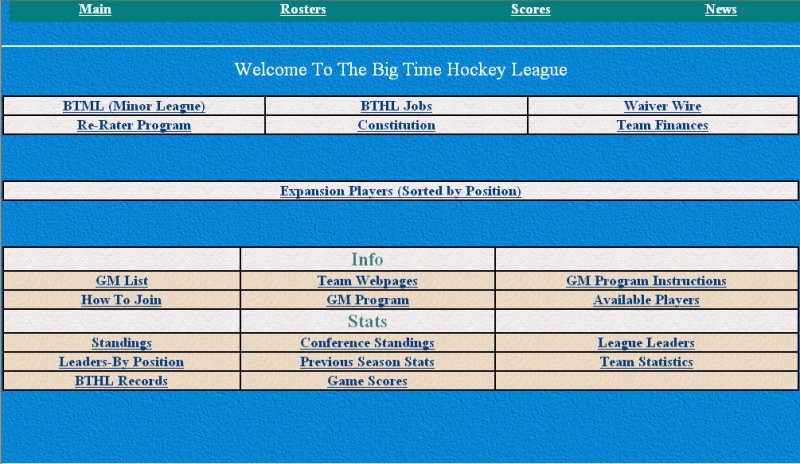After all these years, the internet is still a work in progress.
A whole new version (known as Web3 or Web 3.0) is forming before our eyes as the digital era progresses. Enthusiasts and experts hail it as a welcome change from the current state of the internet. Leaders and businesses are looking forward to embracing this transition and seeing how it could change our world for the better.
Let’s examine Web3, its significance, and how it could transform your business.
What Is Web3?
History of the Web
Let’s go back to the first days of the World Wide Web, which dated back to the 1990s.
Web 1.0 refers to the initial version that was made accessible to the general public. Most of it was static HTML pages with embedded hyperlinks. Users mainly read these text contents and barely made interaction with the websites.

Then came the Web 2.0 era, which still lasts today. Interactive technologies enabled the rise of social networking and e-commerce platforms like YouTube, Instagram, and Facebook. People are now able to engage with online platforms and publish their own content. The main forces for growth during these years have been cloud computing and smartphones.
The issue, in the eyes of many, is that in order to access “free” services offered by corporate behemoths like Meta or Google, internet users must now hand up their personal data. This includes personal information and preferences, as well as how we use these services.
Tech giants gather a huge amount of data while we are viewing our feeds, messaging our friends, and shopping. They typically use and sell this sensitive data to third parties for the purpose of displaying targeted advertisements.
These companies have total control over how and when their users use the services. Content moderation decisions are made on a daily basis, meaning your enjoyment of the web is at the mercy of a few people.
Web3
While many see those limitations as acceptable trade-offs to make the internet more popular and convenient, not everyone agrees with this sentiment. They keep coming up with new visions where users have more control over how they interact with the web.
Gavin Wood, one of the creators of the cryptocurrency Ethereum, coined the phrase Web3.0 in 2014. Since then, it has grown to mean anything relating to the development of a decentralized digital infrastructure as the next stage of the internet.

The third generation of the internet, as Gavin Wood and his peers advocate, is a more decentralized online space. It puts the control in the hands of consumers rather than major tech firms. It takes advantage of novel technologies like blockchain on top of already-existing infrastructure to improve the web’s security, privacy, and user access.
The goal of Web3 is to develop an internet that understands what you say, correctly interprets what you input, and gives you a total choice over the kind of material you wish to consume.
Web3 advocates see the internet as a place where we may utilize services without giving up personal data to other organizations. Artificial intelligence and blockchain would run the internet, with data published on the blockchain’s public ledger.
The data that makes up the internet would be kept on the network as opposed to servers, as is now the case. Any modifications or transfers of that data would be noted on the blockchain, creating a record that the whole network could verify. Theoretically, this deters malicious actors from abusing data and creates a transparent record of its use.
Web3 vs. Web2
Web3 aims to retire centralized platforms or at least make them less prominent. It relies on peer-to-peer interactions in a networked society where every individual has more options. As a result, this new approach brings major differences compared to how the traditional web works.
- Technology: Services of the Web 2.0 era run on servers owned by tech firms. They use classic technologies like HTML, CSS, and JavaScript. Web3 decentralizes this architecture, allowing anyone to serve content and apps over the internet. AI and cryptography-based blockchains will have heavy use to make services more reliable and smarter.
- Applications: Media streaming, social media, and online shopping are what make Web2 popular. In addition to these traditional services, the dApps (decentralized applications) of Web3 will open more possibilities for developers to make their dream come true.
- Content ownership: In the current business model, the provider takes over the responsibility for data storage. This leads to barriers to user access and worries about the privacy and security of sensitive data. This issue will be resolved by Web 3.0, which allows users to store their data in places of their own choice.

- Currency and finance transactions: On Web 2.0, government-issued fiat money is used for all transactions. To run a business, you will need to register your account and work with approved financial institutions. Web3, on the other hand, employs cryptocurrencies like Bitcoin or Ethereum. They are out of reach of authorities and run on public blockchains. No one can steal or freeze your assets at will.
Read more: What is cryptocurrency?
Conclusion
Web3 takes a whole new approach to combat the monopolized web. By embracing decentralization and putting internet user interests at heart, it promises to put more power to ordinary individuals. Organizations should learn about Web3 early to adapt and stay relevant in the future.
 4 minutes read
4 minutes read
